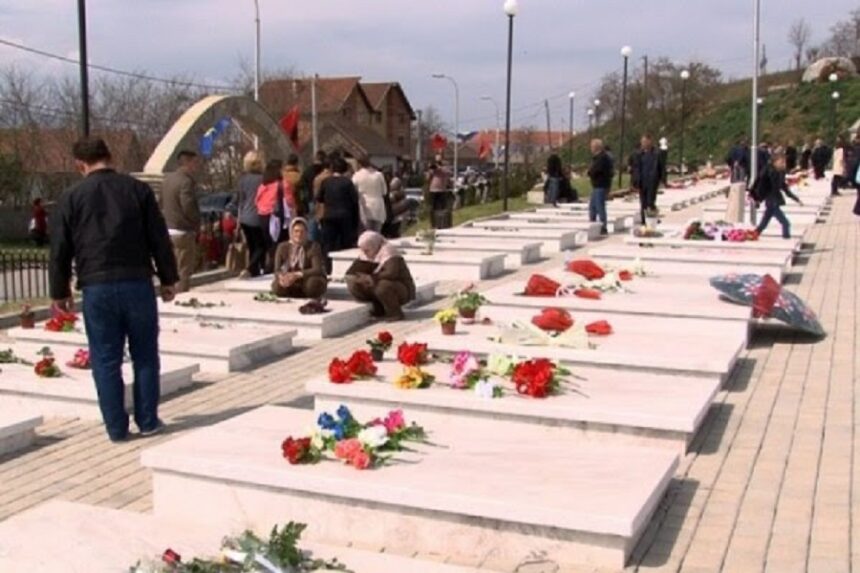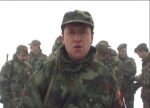On April 28, 2007, a UN Security Council fact-finding delegation visited Krusha e Vogël, a village in Kosovo where horrific massacres were carried out by Serbian forces during the Kosovo War.
The delegation, consisting of ambassadors from 15 member states of the UN Security Council, visited the home where 113 men were brutally murdered, burned, and carbonized, ranging in age from 13 to elderly individuals. The victims were innocent civilians targeted by Serbian forces during the war.
Upon their arrival, they were greeted by mothers, widows, and orphaned children holding white sheets with the names of their loved ones. The survivors recounted the atrocity, which resembled massacres in Srebrenica and Vukovar, explaining how the attack was carried out by local Serbs.
The UNSC delegation also met with Kosovo’s political leaders, minority representatives, the head of UNMIK, Joachim Rucker, and KFOR Commander, General Roland Kather.
Belgian Ambassador Johan Verbeke, the delegation’s leader, described the two-day visit as successful, noting that the delegation now had a clearer picture of the situation on the ground. Before leaving for Vienna, where they would meet with Martti Ahtisaari, the Special Envoy for Kosovo’s status, Verbeke stated:
“Important issues should never be constrained by time limits. Major decisions that result from negotiations are natural processes that require time and space.”







